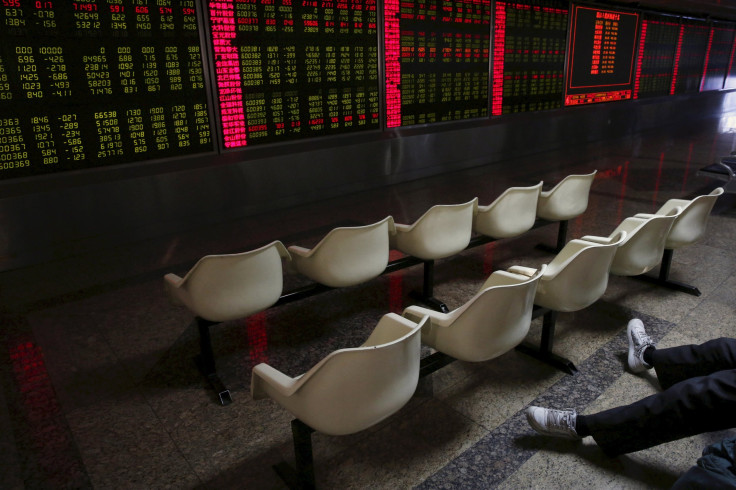China Rules Out Stock Market Circuit Breaker For Next Few Years

China will not reintroduce the circuit breaker mechanism to its stock markets in the next few years, Liu Shiyu, the newly appointed chairman of the China Securities Regulatory Commission (CSRC), told local media Saturday.
The stocks circuit breaker or a trading curb is a pre-decided point at which the stock market stops trading due to substantial drops in value. A circuit breaker mechanism introduced in January by Liu’s predecessor Xiao Gang was dismantled after only a few days following complaints from investors that the circuit breaker was worsening a sell-off in Chinese stocks.
Speaking on the sidelines of China's annual legislative session, Liu defended the government's decision to intervene last year, saying the move bought Beijing time to restore a "dysfunctional" market and headed off bigger threats to the financial system. "I feel a heavy responsibility," Liu reportedly said, in his first public comments since being appointed to the CSRC last month.
There are "lessons to be learned" from the circuit-breaker issue and the country won't be ready for such a system for years, Liu added.
The securities regulator has come under severe criticism for its response to the stock market rout over the summer last year with even Chinese Premier Li Keqiang offering a rare public criticism, stating regulators had not responded adequately or reacted in a timely way to the stock market turmoil in February.
The CSRC also discussed revamping the registration for initial public offerings of stocks, Liu said, adding that new reforms would take time as they required research and feasibility studies. China’s investors have long clamored for a change of its current approval-based system — reportedly seen as distorting the IPO market and encouraging official corruption.
© Copyright IBTimes 2025. All rights reserved.





















